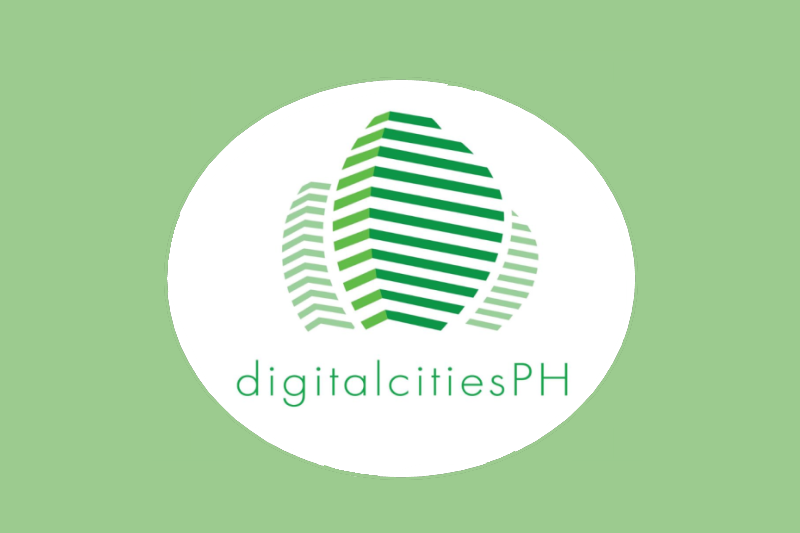
Twenty-five digital cities in the Philippines have been named as the centres of focus for new economic development in the next three years.
The initiative is geared to sustain the rapid growth of the Information Technology and Business Process Management (IT-BPM) sector and promote countryside development.
The event forms part of the Department of Information and Communication Technology’s (DICT) National ICT Month 2020 Celebration with the theme of “Maximising ICT for the New Normal”.
DICT partnered with the Information Technology and Business Process Association of the Philippines (IBPAP) and Leechiu Property Consultants (LPC) to organise an online press conference, which launched the Digital Cities 2025 and the announced the country’s next 25 digital cities.
According to a press release, previously termed Next Wave Cities, the Digital Cities 2025 programme is expected to determine the industry-readiness of new centres by creating and developing ICT hubs in identified locations.
The ICT hubs will serve as business and innovation centres to draw in investments that can be expected to create more jobs and other economic opportunities in areas outside the National Capital Region.
Under the programme, local government units (LGUs), ICT Councils, and IT-BPM locators will have access to information on strategies and best practices from the private and public sectors to effectively develop and grow the IT-BPM industry in the regions.
Digital Cities 2025 will help focal areas promote local participation to strengthen their economies and governance systems in the ‘new normal’, the DICT Secretary, Gregorio B. Honasan II, noted.
The IT-BPM sector continues to be a priority for DICT, and it is ready to support and take the lead in making the necessary interventions to ensure that these digital cities achieve their potential, the press release stated.
By working together with other executive agencies, local government units, industry leaders, and academic institutions, it will enable each location to grow into centres of excellence that spur the development of other business sectors, de-risk Metro Manila concentration, create jobs, and boost the local economy.
Areas that the project will focus on include, institutional development, talent attraction and development, infrastructure development, and marketing and promotion.
This will involve the strengthening of ICT councils, sharing of best practices, launching awareness campaigns, and facilitating infrastructure initiatives
The announcement of the 25 Digital Cities was made through video conferencing and was live streamed on 30 June.
National and local government agencies, ICT councils, DICT regional clusters as well as investors attended the live virtual event.
Additionally, the digitalcitiesPH portal will provide investors and locators with essential information on cities and municipalities all over the Philippines. It will help assess each location’s potential as a global business centre.
During the virtual launch of the programme, DICT named Bacolod City as among the top centres of excellence for Information Technology-Business Process Outsourcing (IT-BPO), along with other five key cities.
Bacolod City has remained as a centre of excellence for IT-BPO, as it first achieved the distinction in 2013, along with the other key cities namely Metro Manila, Metro Cebu, Metro Clark, Davao City, and Iloilo City.
The Bacolod City Mayor, Evelio Leonardia, said that in this highly competitive field, it takes a combination of available quality human resource and infrastructure to stay on top.
The President and CEO of the IT and Business Process Association of the Philippines said that it recognised locations that have been crucial to the continued and growing relevance of the Philippines as a global investment destination.
















